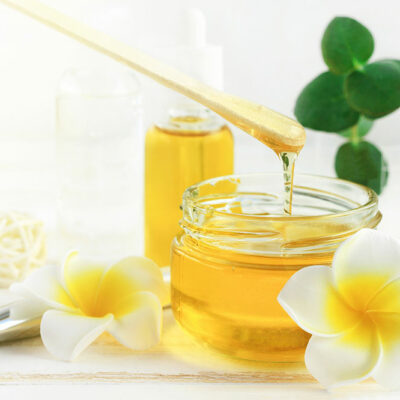
5 Odors that Cause Migraines and Medications and Treatments That Can Help
A migraine is a medical condition where a patient experiences severe and recurring headaches and other symptoms such as nausea and vomiting. Before a migraine occurs, the person first experiences an aura, and during a migraine, the person feels pain on one side of their head or both sides, nausea, pulses, and vomiting. Stress, sensory stimulus, medications, sleep patterns, and weather changes can trigger migraines.
Common odors that trigger migraines include the following:
1. Cigarette smoke
Some people may experience migraines after inhaling cigarette smoke. According to the National Headache Institute, migraines occur because of the nicotine used in cigarettes. It constricts the brain’s blood vessels, leading to an inadequate blood supply to the brain and the adjacent tissues. This occurrence causes a migraine attack. To avoid nicotine-induced migraines, stay away from people who smoke and avoid smoking altogether.
2. Food odors
Food odors may lead to migraines in some people. Migraine sufferers are more sensitive to odors because of increased activation of the smell of a particular food and pain receptors in their brains. Cooking smells such as onion and fatty; fried foods can trigger migraines. Some people experience these odors as part of an aura, and sometimes, this usually happens in the place of visual auras. The person may imagine the smell of burnt or burning food or cannot distinguish odors.
3. Perfumes
Strong perfumes and colognes are believed to cause the swelling and dilating of the migraine sufferer’s blood vessels. This stimulates their brain’s nerve system associated with pain in the head. The person may be sensitive to the powerful scent, which may cause irritation and other allergy-like symptoms such as watery eyes and a runny nose. Companies that manufacture these products use synthetic ingredients, unlike in the past when they were made using botanical ingredients. The artificial ingredients may trigger a migraine; therefore, migraine sufferers are advised to control their colognes used to avoid attacks.
4. Cleaning chemicals
Cleaning chemicals can trigger migraines when inhaled. Without proper ventilation, the chemicals’ toxins may fill the room and even cause suffocation. Cleaning detergents contain volatile organic compounds, which, when released, act as migraine triggers. The volatile organic compounds are often toxic and, sometimes, may be carcinogenic. Migraine sufferers are advised to use green alternatives that do not have strong fragrances when cleaning. They should be in well-ventilated rooms with plenty of fresh air to avoid getting an aura or attack during cleaning.
5. Candles or air fresheners
Candles or air fresheners contain fragrances that may cause a migraine attack. However, various candles are only made from scentless organic products, which may not affect migraine sufferers. Candles with aromatic scents are mostly the kind that may trigger an attack. Some people are intolerant of ingredients used to make air fresheners and may get migraines after inhaling the smell. Air freshener is made from synthetic chemicals such as carriers that can be primary triggers.
If you suffer from frequent migraines, you can protect yourself by identifying the trigger that brings that pain. Smoke from cigarettes, food smells, colognes, cleaning products, candles, and air fresheners are common culprits. Spurs start a process of activity in the brain that results in migraines and other related symptoms. Also, taking an over-the-counter pain reliever or a prescribed migraine medication—like Qulipta, Advil, Tylenol, Excedrin, or Motrin—at the first sign of an oncoming migraine can help lessen the pain and duration.


